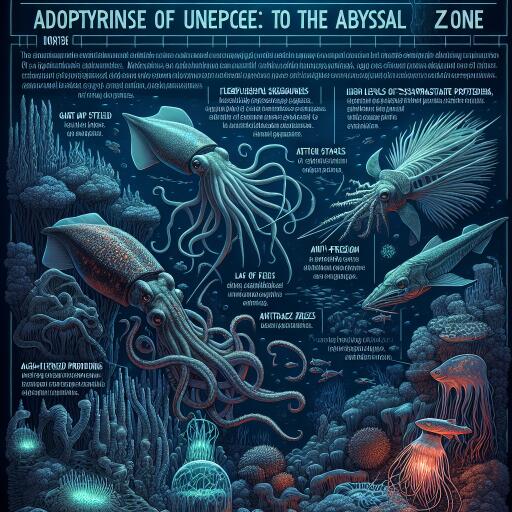
New Insights Into Marine Life’s Deep-Sea Adaptation
In an intriguing development for ecological and marine biology, a breakthrough study delves into the adaptive mechanisms of marine organisms within the extreme environments of the deep sea. This research, carried out by a collaboration of esteemed institutions, offers substantial insights into how these organisms manage to thrive in such formidable conditions.
The study focuses on the changes observed in shallow-water mussels (Mytilus galloprovincialis) when they are subjected to the deep-sea realm at a profound depth of 1,119 meters, particularly in the Site-F cold seep zone of the South China Sea. The results reveal profound shifts both at the genetic level and within their microbial communities.
Comprising over 90% of the Earth’s oceanic expanse, the deep sea represents a significant biodiversity hotspot. The adaptations of marine species transitioning from shallow to deep-sea environments are pivotal windows into evolutionary processes, offering clues into the resilience and adaptability of life on Earth.
Employing state-of-the-art sampling and fixation methodologies, the researchers were able to capture the baseline adaptive responses of the mussels accurately and with minimal induced stress. This was a critical component of the study, allowing for a clearer picture of the natural adaptive process to emerge under such severe conditions.
Comprehensive analyses of gene expression and microbiome composition revealed intricate adjustments. Notably, changes were observed in stress response pathways, immune defenses, homeostasis, and energy metabolism. These changes underline the significant physiological adjustments required for life to persist in the deep ocean’s harsh climate.
After just ten days of exposure to these conditions, the transformations within the shallow-water mussels and the composition of their microbial communities were remarkable. There was a notable alignment with their deep-sea counterparts, suggesting a swift host-microbiome adaptation process.
A crucial finding of this study was the predominance of methanotrophic bacteria, symbionts known to be integral to deep-sea mussel survival. The proliferation of these bacteria correlated with shifts in gene expressions related to immune responses and cellular intake processes, indicating a beneficial partnership between the mussels and their microbial allies.
This synergy between host organisms and their microbiomes during adaptation is finely tuned by evolutionary and ecological dynamics, providing a fascinating glimpse into life’s ingenuity and resilience in extreme settings.
These insights not only broaden our understanding of deep-sea life and its complex ecological interplays but also highlight important considerations for biodiversity conservation efforts. By unraveling these adaptive responses, the study holds implications that stretch from academic research to practical conservation strategies.
Understanding these mechanisms is crucial for advancing our knowledge of marine ecosystems and may provide future pathways for the ecological preservation of biodiversity in rapidly changing global environments.
The effort to decode these intricate biological processes demonstrates the deep interconnectedness of life forms and environments. As the scientific community continues to explore the depths of our oceans, such studies will play a critical role in uncovering the nature of life that exists far beyond the reach of sunlight!
Across a landscape of uncertainty and transformation, these findings are a reminder of the adaptability inherent in life, showcasing a natural world that continues to evolve in the face of adversity.





Leave a Reply